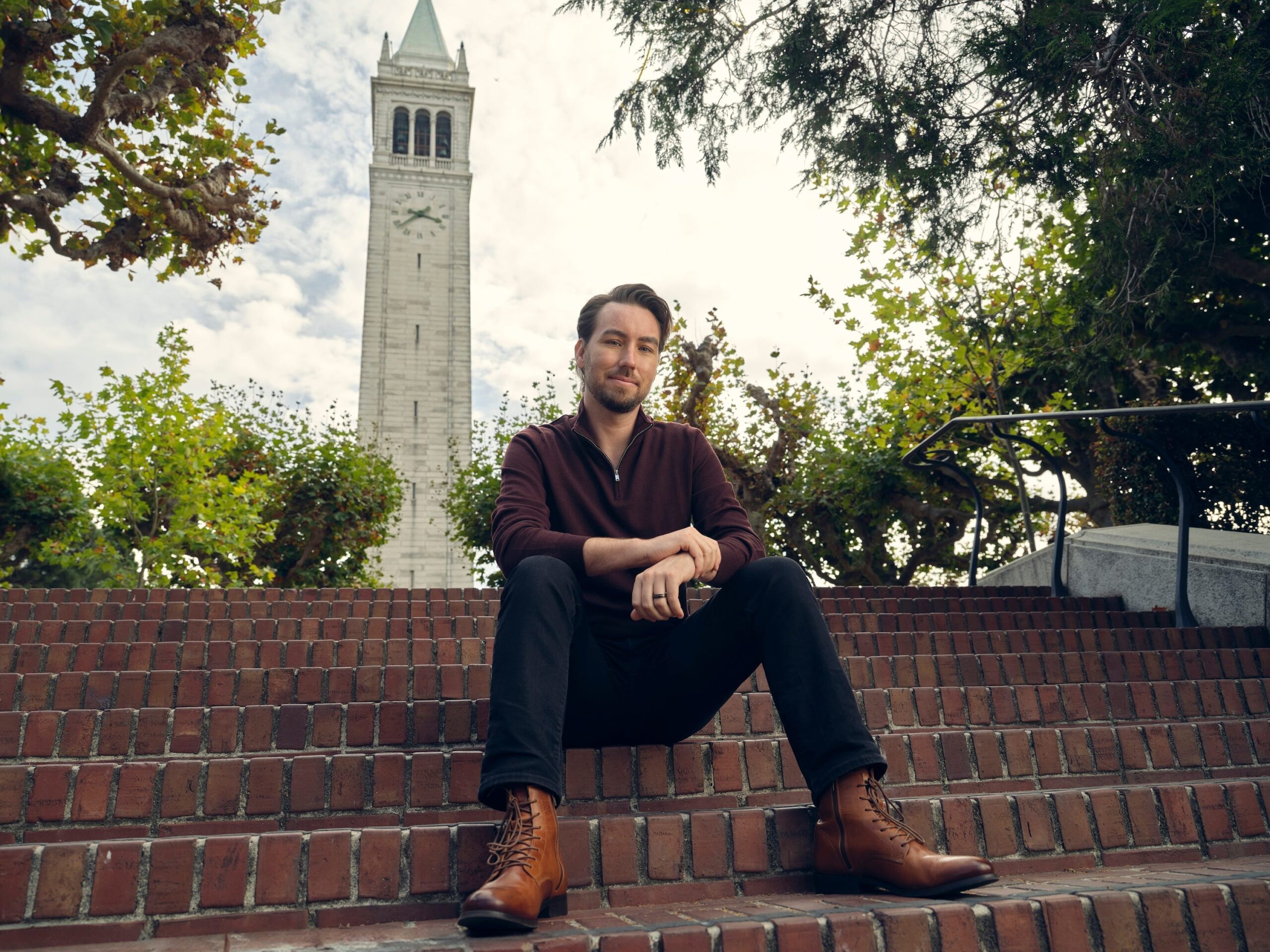The House Fund
- The University of California, Berkeley, is the top producer of alumni starting tech companies.
- Founded by Jeremy Fiance, The House Fund targets Berkeley-affiliated startups like Databricks.
- Zachary Hargreaves has joined The House Fund, enhancing its ability to back Berkeley-born startups.
In the last year, tech investors have plowed tens of millions of dollars into Perplexity, the developer of a search engine built from scratch with artificial intelligence. The two-year-old startup takes in cash like oxygen, having raised back-to-back funding rounds just months apart, and is said to be in talks to raise a fourth round that would value the startup at $8 billion.
Landing a spot on Perplexity’s cap table is fiercely competitive, making it all the more noteworthy that The House Fund, a bespoke venture capital firm born from the University of California, Berkeley’s ecosystem, secured a place.
In 2016, tech investor Jeremy Fiance set up a venture capital firm at his alma mater to invest in startups with ties to top-tier public schools. From an office across from the College of Computing, Data Science, and Society, investors at The House Fund scour their networks for students, faculty, and alumni working to build the next Perplexity, whose CEO Aravind Srinivas is a Berkeley alum, or Databricks, one of the world’s most important data science firms with a private valuation of $43 billion, started by a group of seven Berkeley researchers. The House Fund has backed both.
“There are only so many companies that matter every year, full stop, in venture,” said Zachary Hargreaves, a managing partner at The House Fund. Each year, more firms are “birthed out of Berkeley.”

The House Fund
In early 2020, Hargreaves left Founders Fund, where he worked closely with startups like SpaceX and Stemcentrx, to run his own playbook as an advisor and angel investor. During this period, an old classmate from Berkeley, Fiance, started asking his advice about which companies in the portfolio he should reinvest in.
“I was learning more and more about what The House Fund is from the outside in,” Hargreaves said. “It feels very small but then from the inside out, it’s actually very big in terms of the opportunity set.”
In the two years since Hargreaves went full-time, The House Fund has deployed over $125 million into companies. His move from Founders Fund to The House Fund hasn’t been previously reported.
Investors pay much attention to Stanford and the Massachusetts Institute of Technology for their conveyor belts of entrepreneurial talent. Neither have spawned quite as many startup founders in the last decade at Berkeley. According to PitchBook data, Berkeley has the highest tally of alumni entrepreneurs who have raised venture capital of any public or private school worldwide.
Hargreaves predicts that the group will grow as the use of artificial intelligence makes it cheaper and faster for students and alumni to spin up new businesses. “You can actually be three kids in a garage and launch pretty fierce products,” he said.
With Hargreaves on board, Fiance hopes to invest later in companies it previously backed. His hiring gives the firm the resources and knowledge to help founders shape their businesses into the next generation of Berkeley-born unicorns, as well as diligence them for potential follow-on financing. The House Fund said it can write checks up to $10 million.
The House Fund has raised over $330 million from backers, including the Berkeley Endowment Management Company, UC Investments (the office that manages the working capital, retirement savings, and endowment funds for the University of California system), and Ahoy Capital, a boutique fund manager.
Hargreaves put the firm’s value add this way: “If we are on your cap table, we are a shortcut to anything Berkeley.”









